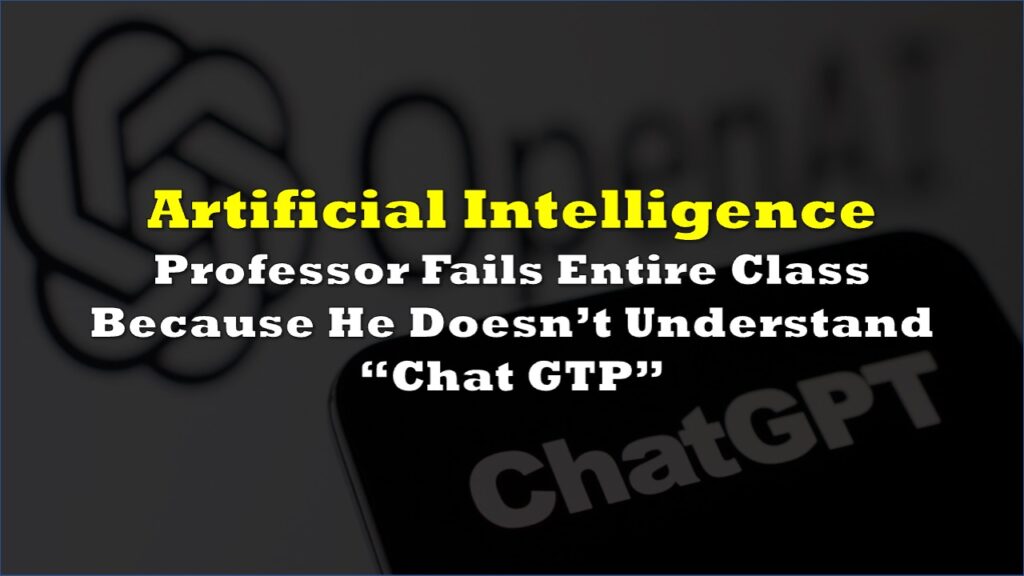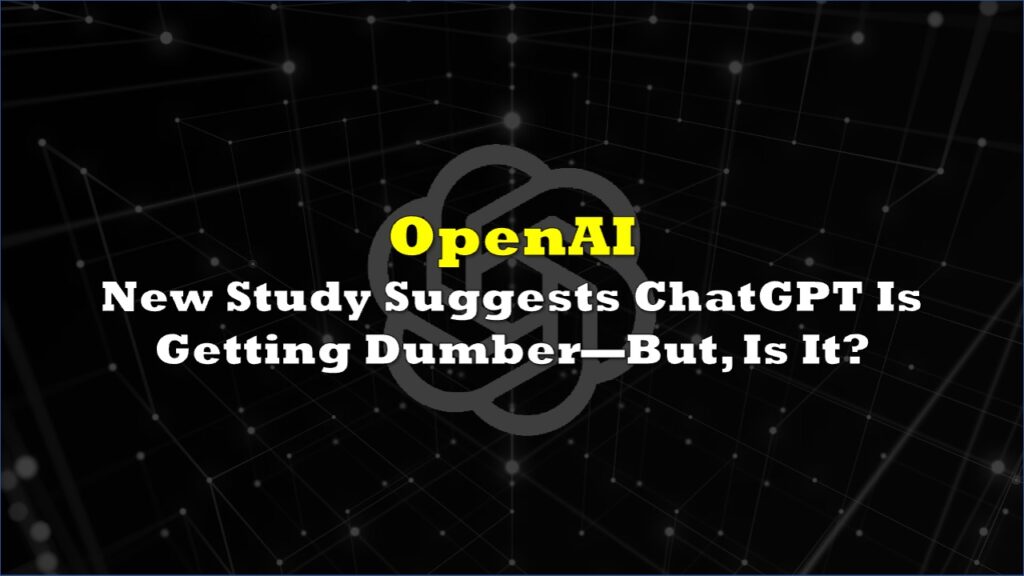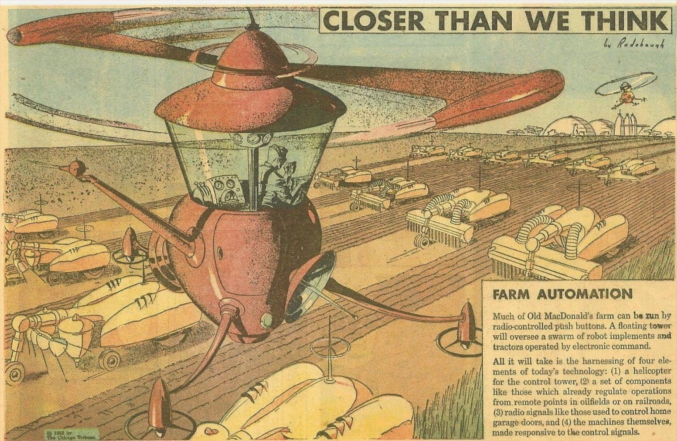OpenAI Inc., the creator of ChatGPT, and its major backer Microsoft (NASDAQ: MSFT), are facing a lawsuit alleging the theft of personal information for training their artificial intelligence models. The lawsuit, filed by sixteen pseudonymous individuals on Wednesday in federal court in San Francisco, claims that the companies’ AI products based on ChatGPT collected and disclosed personal information without proper notice or consent.
According to the complaint, OpenAI violated privacy laws by scraping 300 billion words from the internet, including personal information, without consent.
“Despite established protocols for the purchase and use of personal information, Defendants took a different approach: theft,” the complaint said. “They systematically scraped 300 billion words from the internet, ‘books, articles, websites and posts – including personal information obtained without consent.’ OpenAI did so in secret, and without registering as a data broker as it was required to do under applicable law.”
The lawsuit accuses the companies of engaging in theft by disregarding legal means of obtaining data for their AI models.
150-page, 15-count class action lawsuit accusing ChatGPT & Microsoft of pretty much every kind of privacy violation imaginable just dropped:https://t.co/PqqUg7D2pi
— Rob Freund (@RobertFreundLaw) June 28, 2023
The plaintiffs, identified only by initials due to fears of backlash, seek $3 billion in potential damages, estimating that millions of individuals have been harmed. The lawsuit alleges that Microsoft and OpenAI “collect, store, track, share, and disclose” a wide range of personal information, including account details, contact information, payment information, browser data, social media information, and more.
The plaintiffs highlighted the risk of “civilizational collapse” due to the vast amount of information collected, stored, and processed in AI products.
The complaint alleges that OpenAI illegally accessed private information from individuals’ interactions with its products, including data obtained through integrations with platforms like Snapchat, Spotify, Stripe, Slack, and Microsoft Teams. The lawsuit claims that OpenAI prioritizes profits over its original goal of advancing AI for the benefit of humanity.
“With respect to personally identifiable information, defendants fail sufficiently to filter it out of the training models, putting millions at risk of having that information disclosed on prompt or otherwise to strangers around the world,” the complaint added.
The complaint alleges violations of various privacy and consumer protection laws, including the Electronic Privacy Communications Act, the Computer Fraud and Abuse Act, the California Invasion of Privacy Act, and others.
OpenAI, known for developing text-generating large language models like GPT-2, GPT-4, and ChatGPT, and Microsoft, which has embraced and integrated the technology across its various platforms, have not yet responded to the lawsuit.
The concerns surrounding generative AI applications, including ChatGPT, extend beyond privacy issues. Critics worry about the potential for misinformation and the displacement of human jobs. Calls for stricter regulations for “super-intelligent” AIs have emerged, with comparisons drawn to the need for oversight similar to the International Atomic Energy Agency to prevent unintended catastrophic consequences.
The lawsuit comes in the wake of other controversies involving ChatGPT. Recently, a lawyer in a US court presented fabricated cases generated by ChatGPT to support his argument, causing chaos in the legal proceedings. Such incidents contribute to the skepticism surrounding generative AI’s development and acceptance.
This is not the first legal trouble for Microsoft and OpenAI related to their AI technologies. Last year, they faced a lawsuit accusing them of reproducing the code of software developers without proper licensing requirements through the Copilot service offered by GitHub, a Microsoft subsidiary.
While ChatGPT has proven useful for tasks like summarizing complex philosophy or translating poetry, there remain concerns about its reliability and tendency to generate false or fabricated information. These issues present challenges in extracting accurate meaning from translated texts or using the model for critical applications.
As the debate continues regarding the potential and risks of AI, both experts and policymakers worldwide are taking steps to address the ethical and societal implications of these technologies.
The US Congress is currently deliberating the future of AI and its impact on creative industries and the ability to discern truth from fiction.
Information for this story was found via The Register, Technext, and the sources and companies mentioned. The author has no securities or affiliations related to the organizations discussed. Not a recommendation to buy or sell. Always do additional research and consult a professional before purchasing a security. The author holds no licenses.









